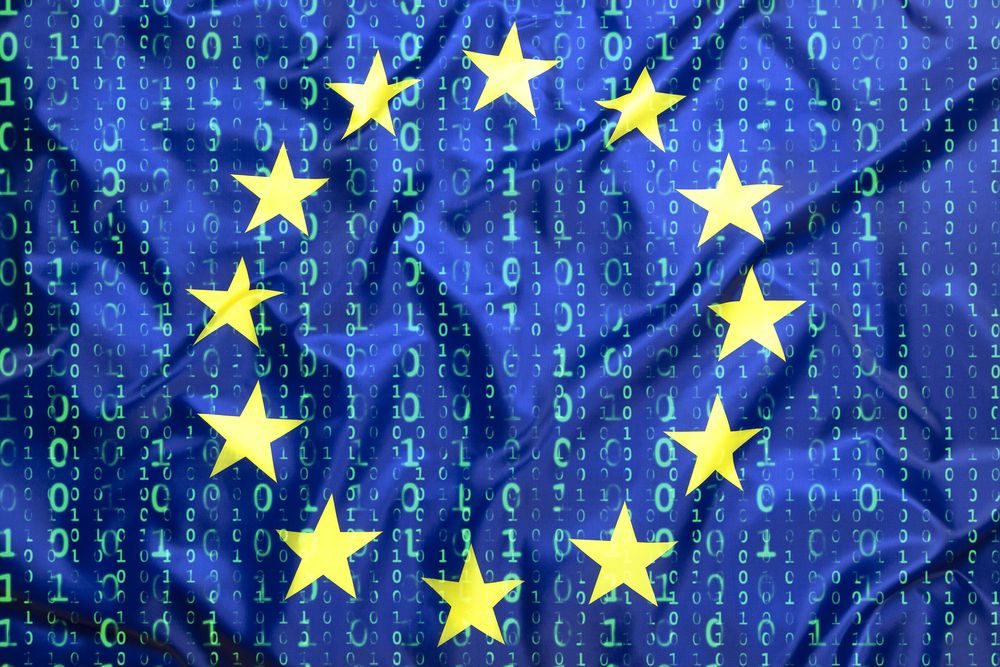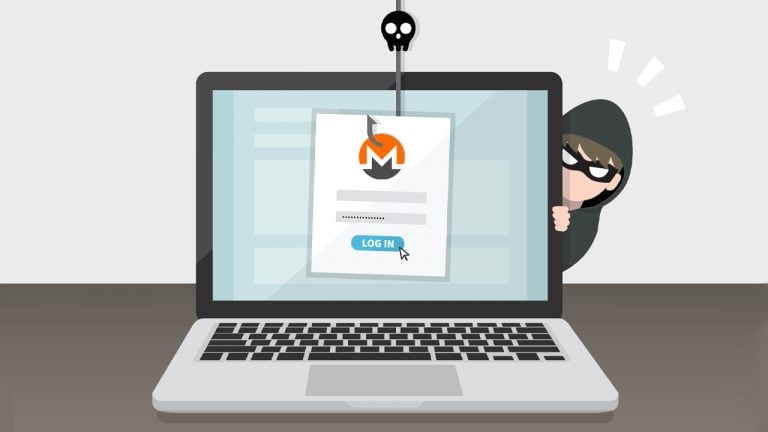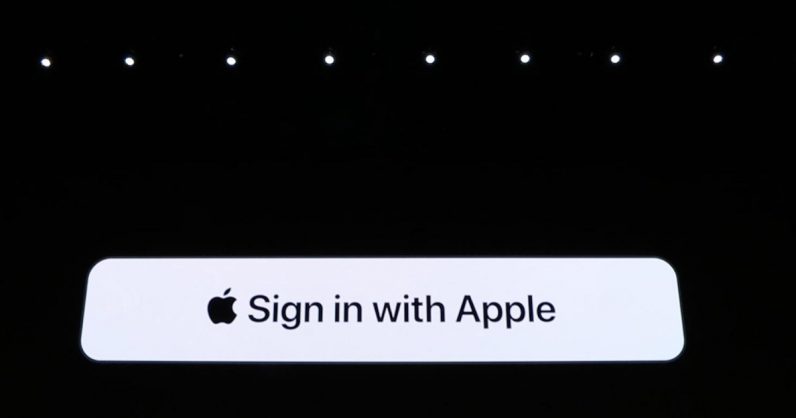
2020-11-9 12:52 |
The EU Council of Ministers has asked for end-to-end encryption to be removed on WhatsApp, Signal, and other apps to help tackle crime. If passed, the resolution could have an enormous impact on individual privacy.
The EU Council of Ministers has proposed a new resolution on encrypted messaging apps like WhatsApp and Signal, according to a draft published on Nov 6. The Austrian media outlet, RadioFM4, first reported the development.
The resolution cites end-to-end encryption communication apps for the “exploitation for criminal purposes” as being the motivator to reign in their power. It emphasized the need to access electronic evidence as being key in fighting crimes. However, it does ask for the preservation of the balance between the protection of fundamental rights and the ability to tackle criminality.
The Council of Ministers is not an official body of the EU, but rather ministers from member countries. Its latest proposal is an indication of the stance that EU regulators would like to take with respect to privacy-preserving applications. The US Department of Justice has made similar suggestions against encryption while citing heinous crimes.
Authorities are facing a monumental task in regulating an increasingly digital world. Emerging technologies have shattered geographic boundaries, whether in finance or communication. Global bodies, like the G20, are turning to international cooperation to handle these developments. But the challenge remains as there are no hard and fast rules with respect to regulating the complex field of new technology.
Combating Encryption on Privacy CoinsPrivacy coins and decentralized protocols have also come under the scanner in recent months. Several governments have begun to tackle the difficulties in regulating the cryptocurrency space. The lack of a central figurehead to hold accountable makes the prospect difficult.
The primary targets of governments’ efforts have been privacy coins, which shield all transaction data. Monero and Zcash are prime examples. Privacy advocates like Edward Snowden have repeatedly talked up privacy coins, calling them imperative in a digital world.
The United States IRS has awarded grants worth $1.25 million to blockchain intelligence firms to crack Monero’s privacy protocol. While Monero has so far held up, there are reports that state it might not, in fact, be fool-proof. CipherTrace said in August 2020 that it had cracked Monero, though critics state otherwise.
Europol also released a cybercrime report in October 2020, labeling privacy coins and decentralized markets as top cyberthreats.
While privacy coins themselves may not be subject to law enforcement, exchanges have complied with rulings asking for delistings. ShapeShift removed both Monero and Dash from the exchange with little forewarning. OKEx Korea also delisted multiple privacy coins in order to meet the Financial Action Task Force (FATF) guidelines.
Decentralized Communication AppsBlockchain development teams are also working on decentralized communication apps with encrypted communication. This would further add to the woes of authorities who would face similar problems associated with tackling privacy coins.
Status and the Mark Cuban-backed Dust, are two of the most well-known privacy-preserving communication apps. They provide decentralized end-to-end encryption for users, though they are not yet at the same level as WhatsApp and Signal.
As authorities regulate centralized, encrypted communication apps, it would be reasonable to expect a migration towards the decentralized variants. In such a scenario, the ability to monitor, log, and cite electronic evidence would be much more difficult.
The post Encryption Features on Privacy Coins and Apps a Growing Target for EU Regulators appeared first on BeInCrypto.
origin »Bitcoin price in Telegram @btc_price_every_hour
HELP (HELP) на Currencies.ru
|
|






















